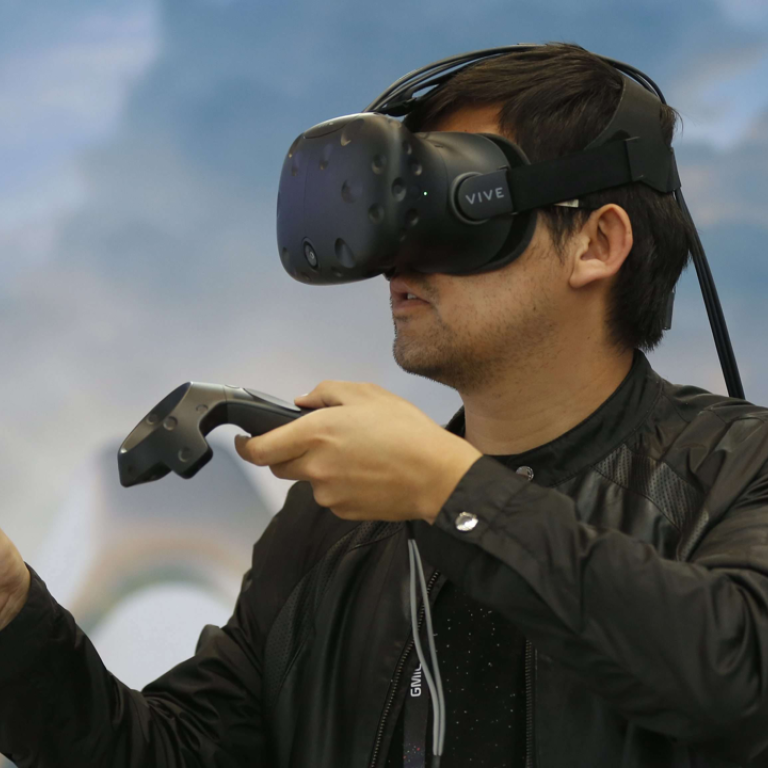
The next step for virtual reality: Ditching the computer
Virtual reality is set to develop in leaps and bounds, with more expectations for detached headsets
Virtual reality (VR) has shaken up consumer technology in recent years. The next step: Ditching dependence on computers that make it hard for users to get the most of their snazzy devices.
The future of VR will be shaped by improving the mobility of high-end headsets in order to make the experience more immersive, according to an UK-based technology research firm.
Harry Zervos, who is principal analyst at IDTechEx, told CNBC’s “ Squawk Box “ at the sidelines of the Consumer Electronics Show (CES) in Las Vegas, The United States, while users want new VR headsets to have more functions, wider fields of view and higher resolutions, there was growing expectation to disconnect them from computers.
“People are starting to think, how do I untether (the headsets)?” said Zervos, adding. “Right now they are connected to a computer and you are not able to easily walk around.
High-end VR headsets such as the Facebook-owned Oculus Rift and HTC ‘s Vive require powerful computers to work, while the Sony PlayStation VR needs the PS4 console. This requirement limits the way an user can move around, which makes the VR experience less immersive.
Lower-end VR headsets, such as the Google Daydream and Samsung’s Gear VR, allow better mobility since they rely on smartphones. But Zervos pointed out the quality of experience on these headsets was much lower, while functions were limited.
Last year, virtual reality shot to the forefront of technology development, with key players bringing out new products into the market.
On Tuesday, influential tech analyst-turned-venture capitalist Gene Munster told CNBC’s “Power Lunch” VR and augmented reality were among four technology themes that were going to collectively become a bigger deal than the internet and mobile.
Data analysis company IHS Market reckoned in October users were going to spend US$1.6 billion on VR headsets in 2016 and about US$7.9 billion by 2020.

